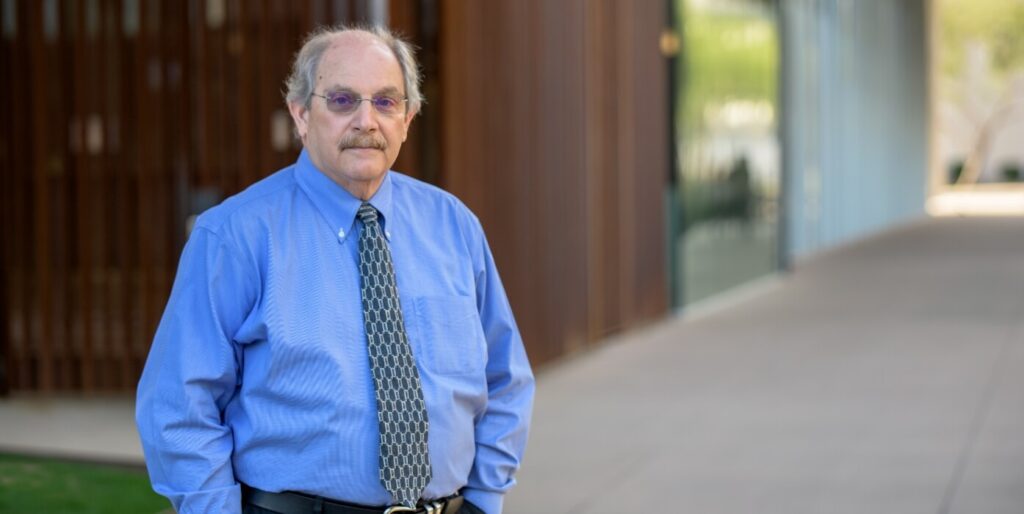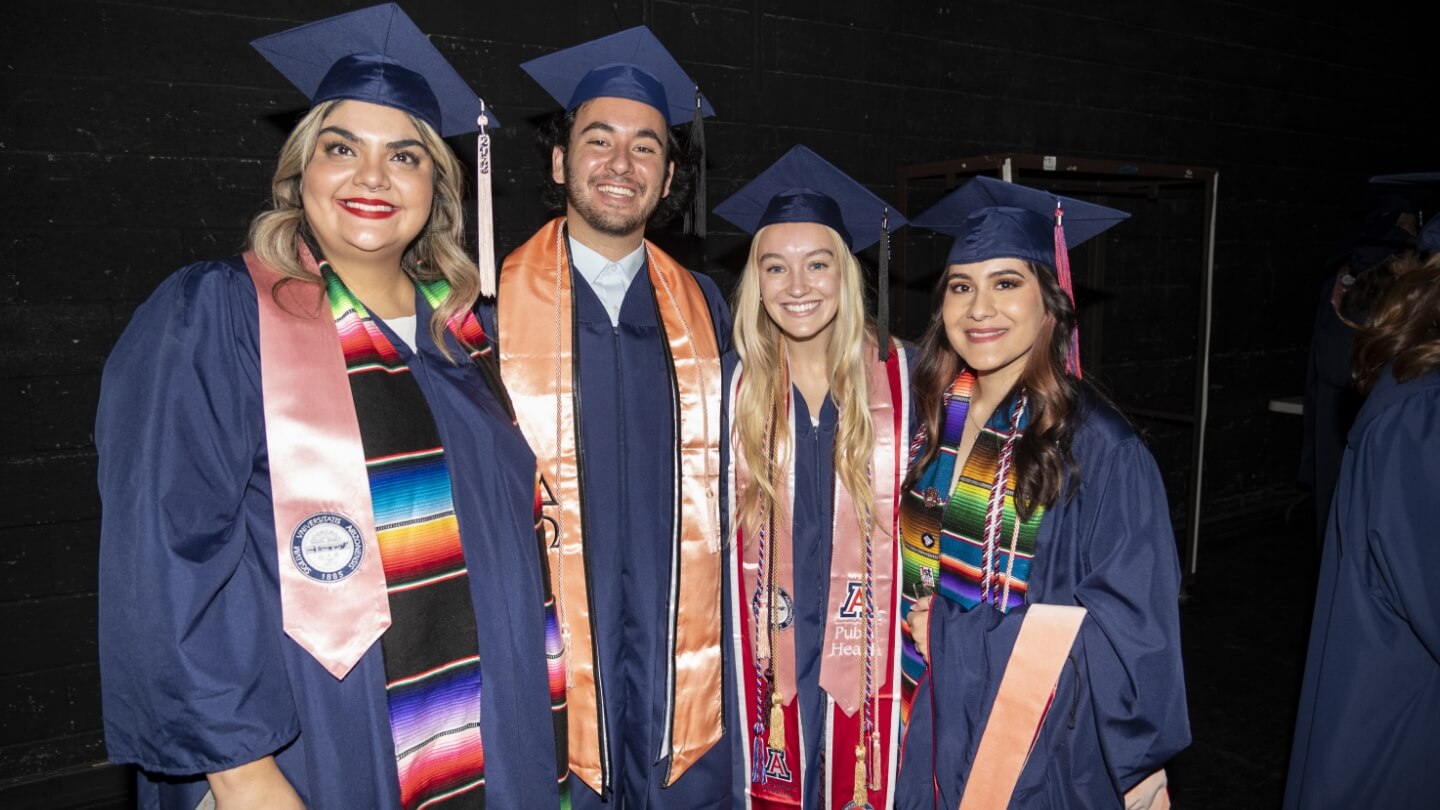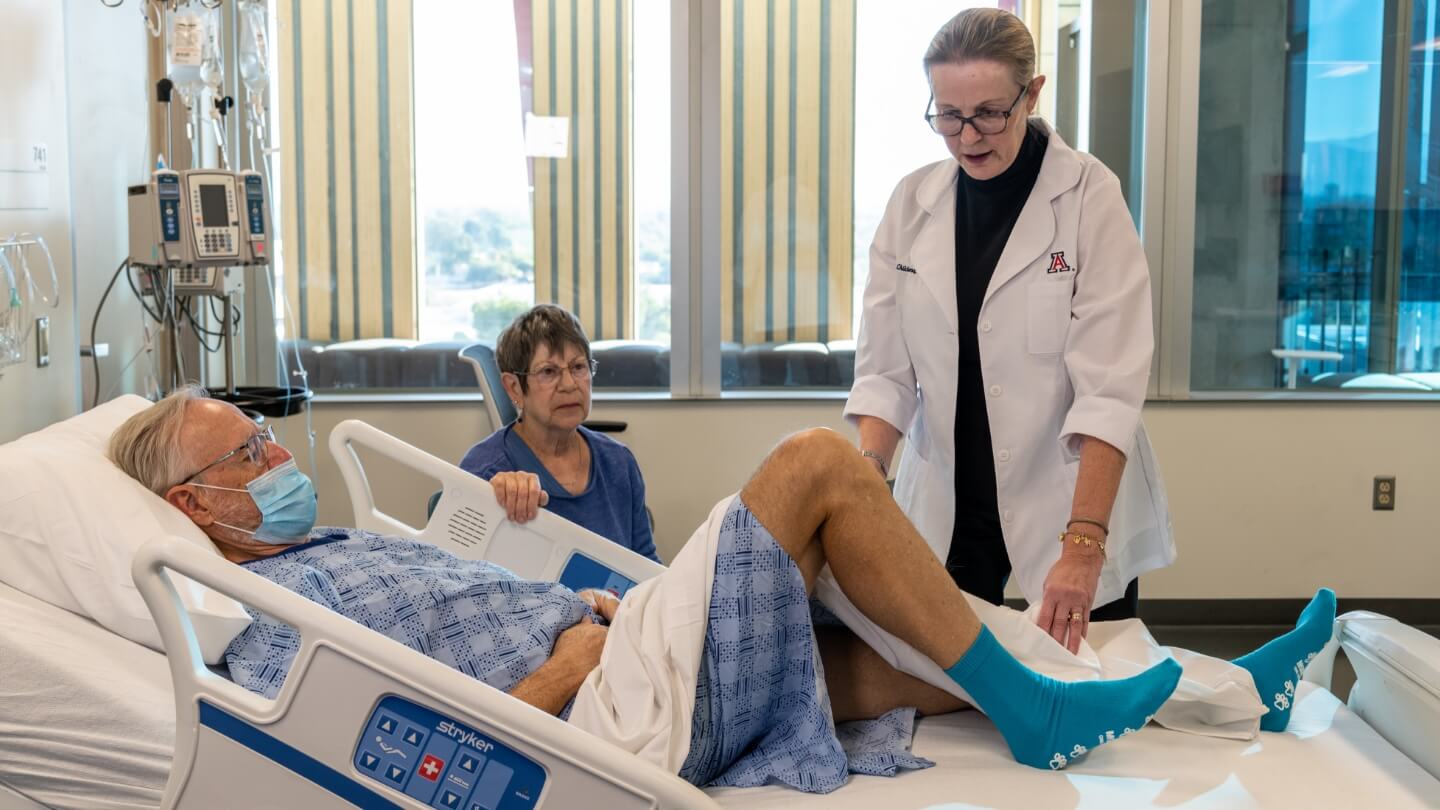The University of Arizona College of Medicine – Phoenix debuted a new Master of Arts in Bioethics last fall, providing students with comprehensive training in the social, legal and ethical implications of biological research and applications, especially in medicine.
“There’s a need for an understanding of the ethical dilemmas at the bedside,” said David Beyda, MD, professor and chair of the Department of Bioethics and Medical Humanism at the College of Medicine – Phoenix. “We have an opportunity to showcase what those are, how to interpret them and how to deal with them.”

The degree program is available to anyone with an interest in medical ethics, research ethics and public health ethics. Classes in the program are all online, asynchronous and 7.5 weeks long; students need to take 30 credit hours to complete the program.
The program combines liberal arts disciplines such as philosophy and history with expertise from the college and other partners, such as the UArizona James E. Rogers College of Law and the Mel and Enid Zuckerman College of Public Health.
Molly Kurtz, an academic programs officer at the college, worked with Beyda to create the program. She said that while most university’s ethics programs revolve around analyzing the works of philosophers, this program will be situational for medical students.
“Our program stands out as it’s really geared for health professionals,” Kurtz said. “This is filling out that ethical discussion space within medicine, and, hopefully, we can help people within Arizona who are interested in learning about bioethics.”
During his medical career, Beyda has faced many medical situations involving ethical dilemmas. He wants future physicians to experience the complexities of making medical decisions in these circumstances.
“As a critical care physician, there’s a difference between keeping a patient alive and rather ensuring they have a meaningful life when they leave the ICU,” Beyda said. “There are so many different things at the bedside that one needs to be cautious about when it comes to ethics.
“Many medical students are already required to take medical ethics classes, so the master’s program gives them a leg up with additional academic credibility of being knowledgeable in ethics,” Beyda said. “If you’re willing to become a physician who cares for others, then medical ethics is going to have to become part of your strong foundation of being a physician-leader.”




